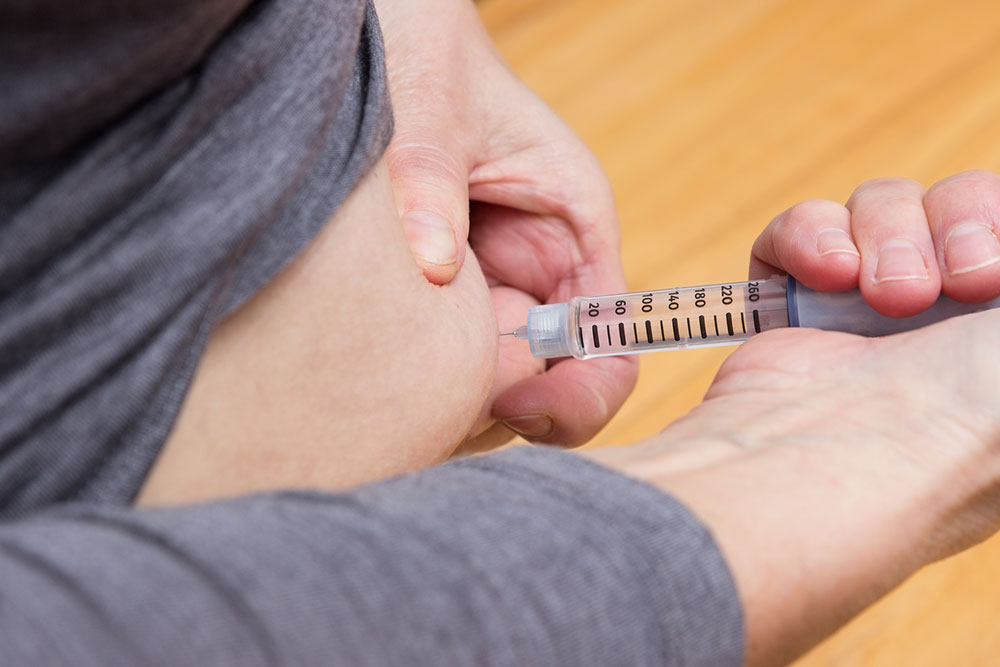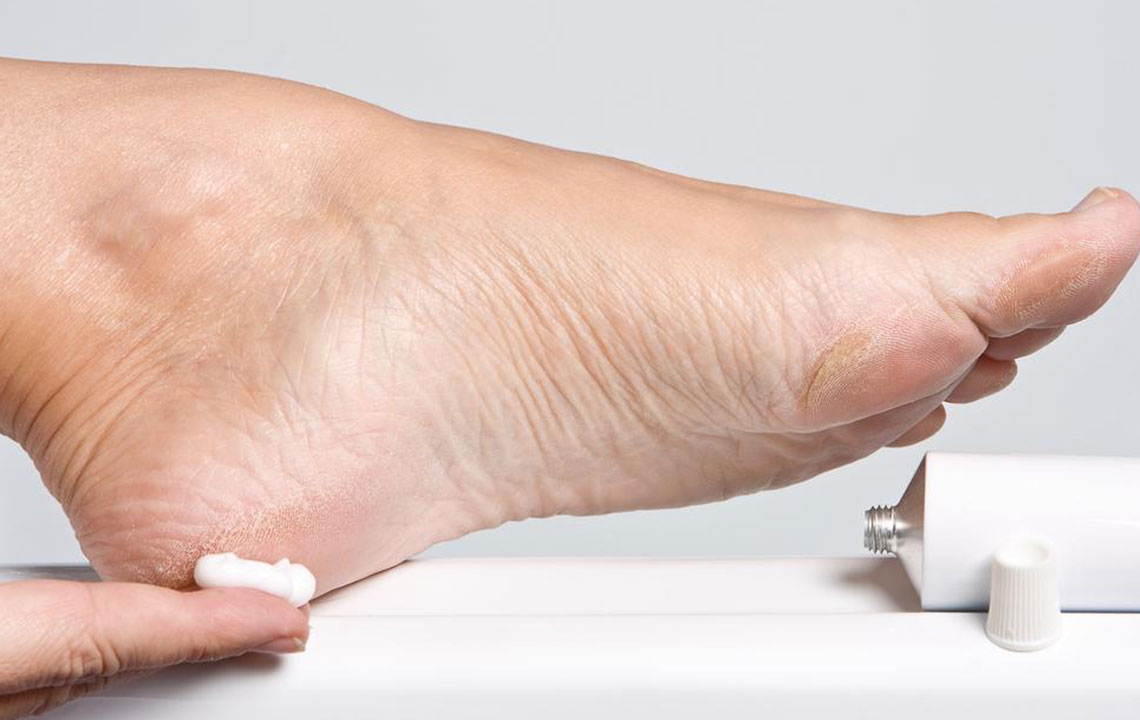Strategies to Manage Diabetic Nerve Discomfort
Discover effective strategies to manage diabetic nerve pain, including lifestyle changes, medications, and physical therapies. Proper blood sugar control and professional guidance are essential to alleviate pain and prevent further nerve damage, enhancing overall well-being.
Sponsored

Chronic health issues can arise from unmanaged diabetes, especially if blood sugar remains elevated over time. This can lead to diabetic neuropathy, a condition where nerve fibers throughout the body are damaged.
Patients with neuropathy often experience sensations ranging from numbness to burning or stabbing pain in the hands and feet. Severity varies, with some individuals facing mild symptoms while others endure intense pain that impairs daily life.
Maintaining optimal blood sugar levels and adopting a healthy lifestyle are crucial to preventing nerve damage.
Factors Contributing to Diabetic Nerve Damage
Hypertension: Elevated blood pressure often exacerbates nerve damage by damaging nerve fibers and reducing oxygen supply, leading to pain and weakness.
Obesity and Elevated Triglycerides: Excess weight and high triglyceride levels increase the risk of nerve injuries associated with diabetes.
Low HDL Cholesterol: Reduced levels of good HDL cholesterol and elevated LDL cholesterol contribute to nerve degeneration, worsening neuropathy.
Managing Diabetic Nerve Pain
Although nerve damage is permanent, symptoms can be alleviated and progression slowed with proper care. Regulating blood sugar through diet, exercise, and medication is vital. Addressing lifestyle factors like smoking, alcohol intake, and weight also helps control symptoms.
Over-the-counter Pain Relief: Medications like ibuprofen and acetaminophen can temporarily relieve discomfort. Consult a healthcare provider before long-term use due to possible side effects.
Antidepressant Medications: Tricyclic antidepressants and SNRIs can modify pain signals, providing relief. These may cause side effects, so medical guidance is recommended.
Opioid medications are reserved for severe cases and carry risks of addiction; their use should be carefully supervised by a doctor.
Anti-seizure Drugs: Originally for epilepsy, these can reduce nerve pain but may cause drowsiness or swelling.
Physical Therapy: Regular low-impact exercises like swimming may reduce nerve pain. Professional guidance is essential to avoid exercises that could worsen nerve injury. Remember, therapy aims to soothe, not cure, neuropathy.
Capsaicin Topical: Creams containing capsaicin can temporarily block pain signals. Always check for allergies before use.
Comprehensive management, including medication, healthy lifestyle, and physical activity, can improve quality of life for those with diabetic nerve pain. Always consult a healthcare professional before starting new treatments.






